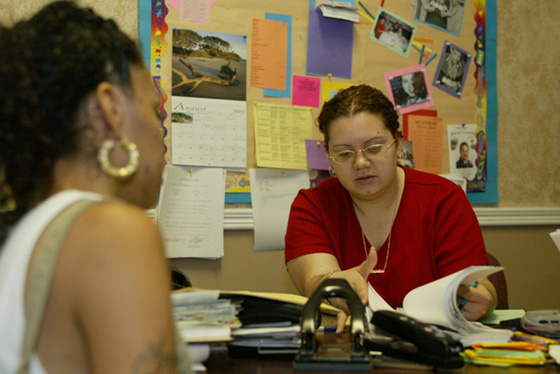Social Services
Social services work draws on experience running agencies and years of analysis of social service systems. Services include evaluation, systems improvement, development of quality assurance systems, program and policies, technical assistance, training, and technical writing.
Case Study: Improving Services to People on Welfare in Maryland

The state of Maryland held a workshop on improving services for people on welfare in Maryland, with special attention to immigrants and refugees that qualified for government benefits. Our presentation focused on understanding the different backgrounds of people who use TANF, food stamps, WIC, Medicaid, and other government benefits in order to develop tailored approaches that helped families become economically self-sufficient. Drawing on research conducted in Pennsylvania, Wisconsin and the DC metro area over many years, we discussed five family types based on the characteristics of the adults in the family: limited work experience, low skilled workers, displaced workers, newcomers to the U.S. mainland (Immigrants, refugees, Puerto Rican citizens), and first generation college educated. The workshop provided concrete advice on evaluating family strengths and weaknesses and the types of supports that were most effective for each family type. It also discussed the importance of meeting the needs of the entire family unit, not just finding jobs for adults. It was evaluated as highly effective and an important blending of research and practical advice.